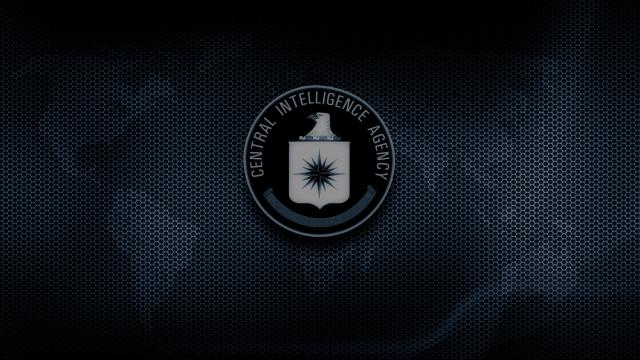On September 17, the National Archives published a seemingly routine announcement in the US Federal Registrar. Couched in language about preserving records of value is a line about the destruction of records and a list of federal agencies. The CIA is one of these agencies, and its emails about waterboarding could be some of those records.
The CIA’s plan comes in response to an Obama administration directive for all federal agencies to propose better systems for managing their email archives by 2016. The disparate plans, in the National Archive’s words, should account for “the destruction, after a specified period, of records lacking administrative, legal, research, or other value.”
Most of the agencies listed in the announcement propose deleting emails older than seven years old. The CIA wants to delete the entirety of every employee’s email history three years after they leave the agency. Only the emails of the top 22 officials would be preserved. The Department of Homeland Security proposed a similar plan.
This is problematic. On one hand, it’s pretty abhorrent to imagine that the CIA would be able to wipe its servers clean, sending out into the ether whatever damning emails about whatever nefarious things its agents did during the Iraq War or whatever. For the Department of Homeland Security specifically, the new policy would enable them to delete every last trace of the controversial EINSTEIN network surveillance system. That sounds pretty shady! Who knows what other secrets these secretive agencies could cover up. But it’s not just that tinfoil hat type of scenario this policy would affect.
“I’m concerned that destroying this data might destroy data that’s material to policy questions about government action,” Lee Tien, a staff attorney with the Electronic Frontier Foundation (EFF) told Gizmodo in an email. “And it’s not simply about surveillance. One might simply want to do a cost-benefit analysis of the programs that generated this data in order to help decide whether the government should keep doing it.”
On the other hand, this could be a step forward for the government in terms of privacy. Think of it this way: Isn’t it kind of a good thing that the government would store less information about its employees? In the Snowden era, lots of people are talking about data minimization: the idea that as little personal data ought to be collected and stored as possible. Less storage would also save a lot of money — some estimate as much as $US50 per terabyte per month. You could understand why the National Archives is moving forward with the CIA and DHS proposals.
“There is a certain irony in questioning the government’s reasons here, because privacy advocates normally cheer this kind of move,” says Tien. “It’s kind of sad. I want to applaud the government for choosing to discard unnecessary data about people. But we have good reason to question the government’s reasons because of what we’ve learned about what we’ve NOT been told.”
Tien is absolutely right. We do have good reason to question the government’s reasons, specifically those of the CIA. This is the same agency that secretly destroyed the tapes of its employees waterboarding suspected terrorists. It’s also just, well, it’s the CIA.
Unsurprisingly, some leaders are upset by the CIA’s proposal and the National Archives’ tentative approval of that proposal. Senators Diane Feinstein and Saxby Chambliss, who head the Senate Intelligence Committee, said in a letter to the director of the National Archives that it “could allow the destruction of crucial documentary evidence regarding the CIA’s activities that is essential for Congress, the public, and the courts to know.” They also call out the cost savings aspect of the proposal. Like Tien, they’d like the CIA to show exactly how much money the government would save if it destroyed all of these emails.
The bright side of all this is that the CIA and DHS plans are not yet finalised. The public is free to request copies of the proposals until December 19 and can comment within 30 days of receiving them. So if you’re not happy about the idea of the CIA and DHS deleting emails with no questions asked, now would be the time to speak up.
